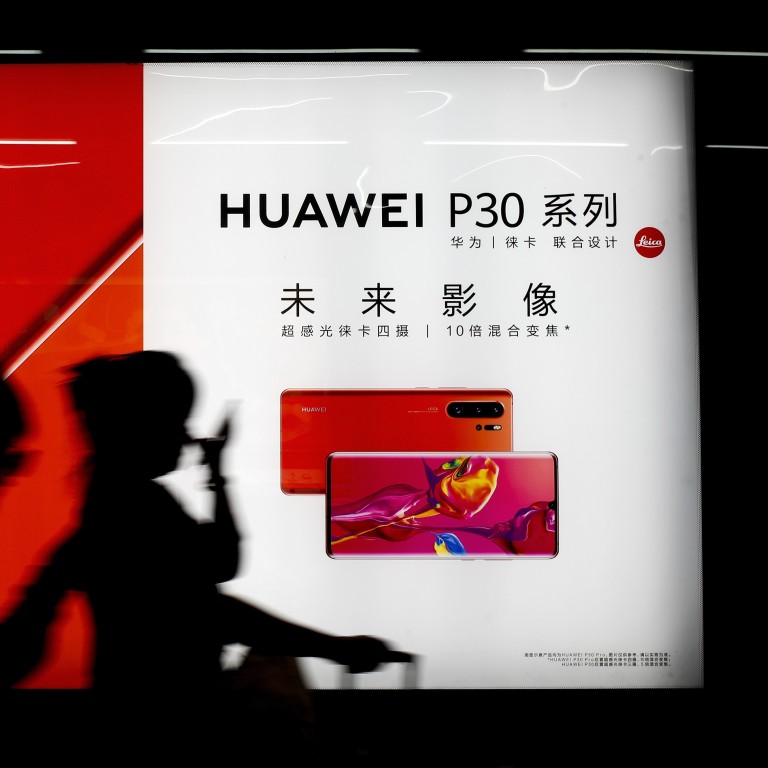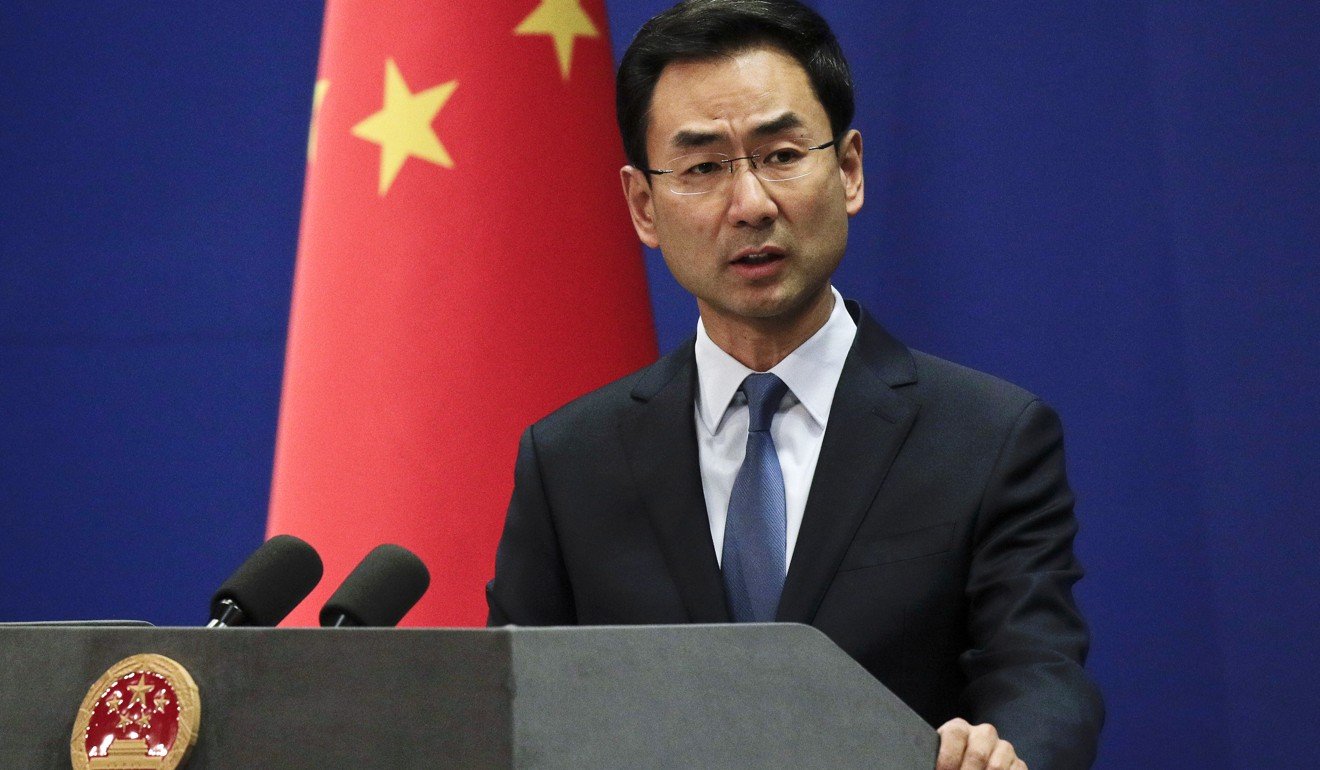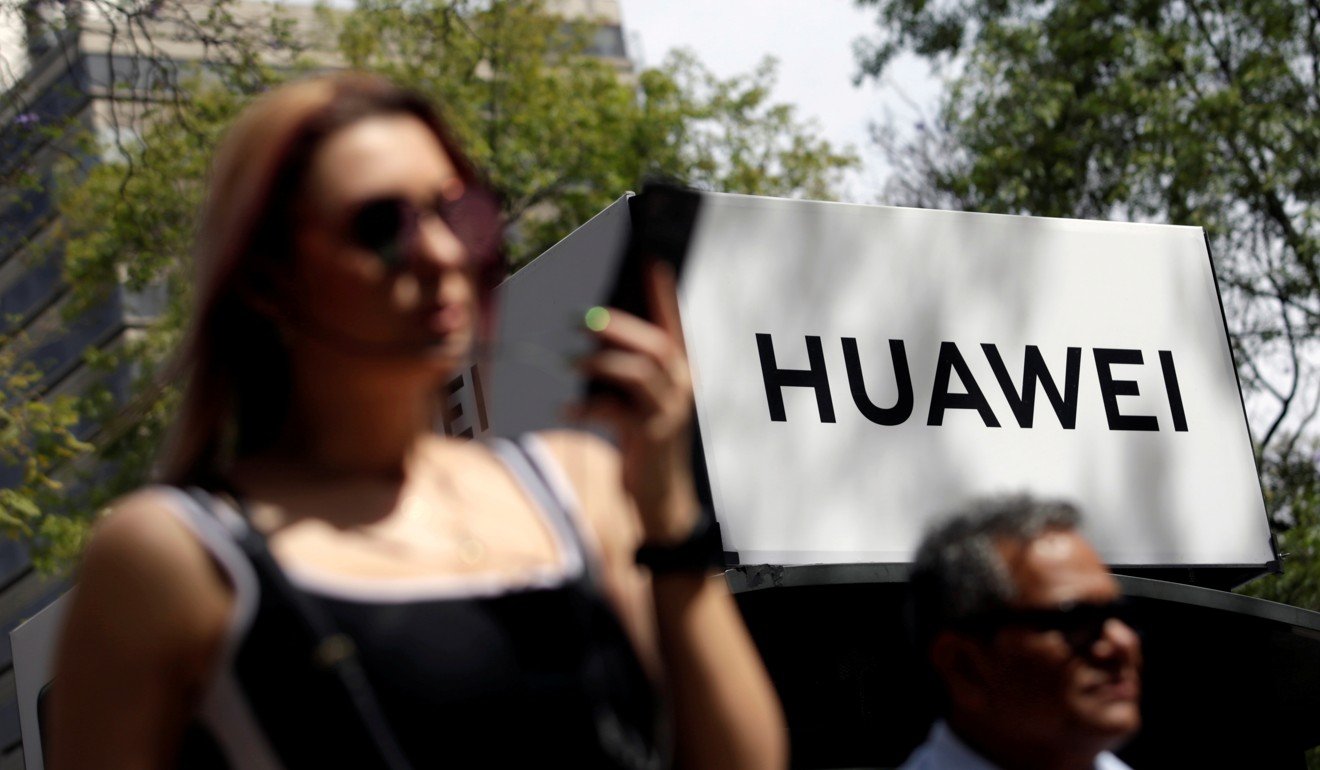
Trump orders national emergency on information security; Commerce Department follows with Huawei restrictions
- Trump’s order bars the use of telecoms equipment made by companies deemed a threat to US national security, threatening Huawei
- Move would stymie Huawei’s efforts to expand into critical 5G market, giving US a chance to play catch-up
US President Donald Trump signed an executive order on Wednesday declaring a national emergency, barring the use of telecommunications equipment made by companies that are deemed a threat to national security, clearing the way for an outright ban on products made by Huawei.
The Executive Order did not name China or Chinese companies specifically. However, separately, and soon after the order was signed, the US Commerce Department did just that.
The US government claims Huawei’s equipment poses a security risk because the company might acquiesce to demands from Beijing to allow access to networks and private user data – claims that the company and its chief executive, Ren Zhengfei, have repeatedly denied.
Meanwhile, Trump’s order says foreign adversaries are taking advantage of the US by exploiting vulnerabilities in the information and communications technology and services sector.
“This Executive Order declares a national emergency with respect to the threats against information and communications technology and services in the United States and delegates authority to the Secretary of Commerce to prohibit transactions posing an unacceptable risk to the national security of the United States or the security and safety of United States persons,” the White House said in a statement.
Speaking to reporters, a senior Trump administration official said the executive order was “company and country agnostic”.
Huawei’s inclusion in the Commerce Department’s list was based upon US Justice Department allegations that Huawei violated US sanctions imposed on Iran and engaged in “obstruction of justice in connection with the investigation of those alleged violations of US sanctions,” the department said in a statement after Trump signed his order.
“This will prevent American technology from being used by foreign owned entities in ways that potentially undermine US national security or foreign policy interests,” Commerce Secretary Wilbur Ross said in the statement.
According to a senior administration official briefing reporters, the Commerce Department will spend the next 150 days writing the rules to back up the order, issued under the 1977 International Emergency Economic Powers Act, which will cover any transaction pending or completed as of the order’s signing.
The administration official repeated that the order was aimed at “any transaction involving information and communications technology or services controlled by or subject to the jurisdiction of a foreign adversary”, declining to specify China.
However, lawmakers including South Carolina Republican Senator Lindsey Graham, chairman of the Senate Judiciary Committee, as well as Democratic Senators speaking at a congressional hearing on 5G communications technology security on Tuesday, have pointed to China as a key threat in this area.
“It’s not about overseeing Huawei. It’s about overseeing China,” Graham said.
“For months we have raised the alarm on the clear and present danger that companies like Huawei and ZTE pose to American national security,” Van Hollen said. “In Congress, I will continue working on a bipartisan basis to protect our national security interests from the threats posed by Huawei and ZTE.”
The US government has already prohibited its agencies from using devices made either by Huawei or ZTE. Inclusion on the Entity List broadens this prohibition.
Huawei Chairman Liang Hua said on Tuesday in London that the company, the world's largest telecommunications equipment supplier, would include provisions in its government contracts not to facilitate "back door" espionage by Beijing.
Banning the use of Chinese-made 5G, or fifth-generation, technology comes at a critical time in US-China relations, given the imposition of tariffs by both sides over the past several months on hundreds of billions of dollars worth of goods.
More punitive duties are likely to come in the weeks ahead unless the world’s two leading economies can reach a trade agreement.
On Tuesday, Reuters reported Trump was due to sign the executive order sometime this week.
Seemingly in response, Geng Shuang, China’s Ministry of Foreign Affairs spokesman, said during a press briefing translated by the South China Morning Post, that the US was “abusing its power to maliciously smear and beat down on certain Chinese companies”.

“We urge the US to stop using the pretense of national security to carry out its unreasonable suppression of Chinese companies, and to provide a fair and just environment for Chinese companies investing and operating normally in the US that is free of prejudice.”
PLAYING CATCH-UP
5G, which promises wireless communications delivered 100 times faster than current standards, could enable the development of autonomous driving, smart cities and virtual reality, and bring billions of dollars in economic benefits to nations that can keep up with the technology.
Its importance was highlighted by its inclusion in the December 2017 US National Security Strategy outlined by the Trump administration.
The US stance has split many of its European allies.

While China has its 5G champion in Huawei, Finland has Nokia and Sweden has Ericsson. The US, however, has no hardware maker ready to come to market with scale and depth.
Additional reporting by Owen Churchill and Robert Delaney

